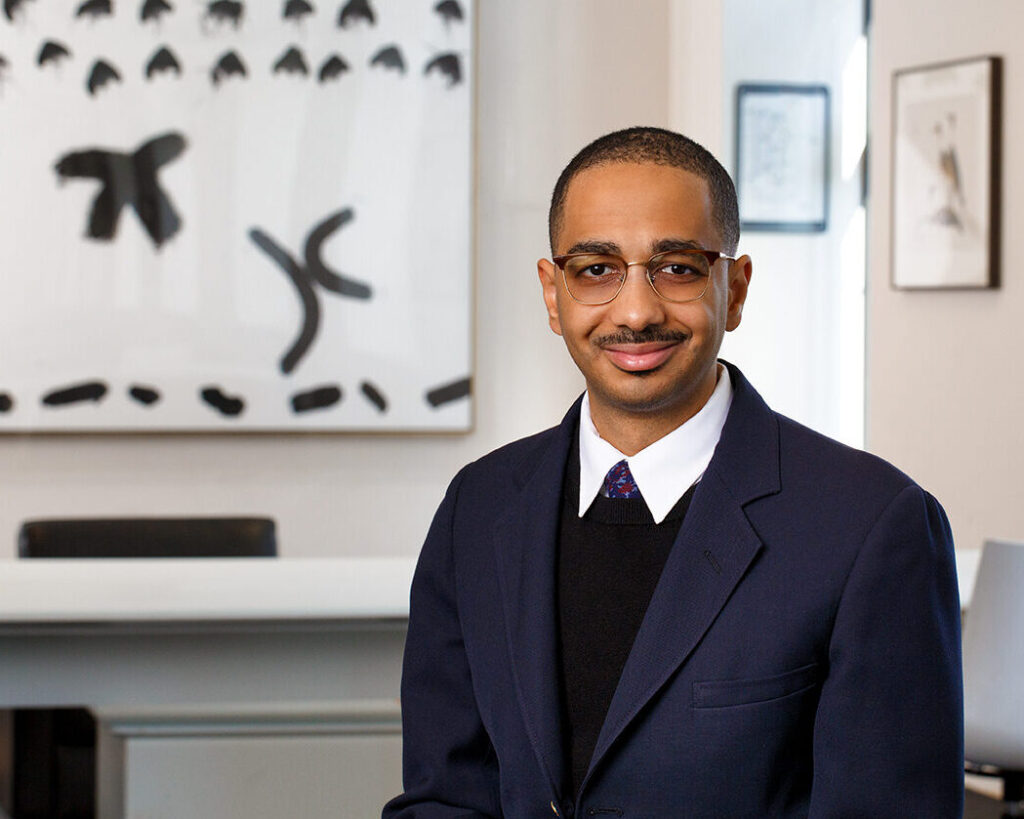Black Brilliance in Social Work: Assistant Professor Harry Taylor
Categories: Harry Taylor, Q & ACurrently, I am working on three main research questions: 1) What is the prevalence and correlates of social isolation and loneliness among Black older adults?; 2) Are there racial and ethnic differences in social isolation and loneliness among older adults?; and 3) If there are racial and ethnic differences in social isolation and loneliness, could they explain racial and ethnic disparities in physical and mental health?
There are key initiatives in Canada and the United States to address social isolation, and I am excited to contribute to advancing social work practice in this area. We need more research on social isolation and loneliness to help inform practice, and in particular, we need more research on social isolation and loneliness among racial and ethnic minority communities.
What part of your social work journey/work are you most proud of?
For me, my proudest moment is continuing to be a social worker in my family. My grandmother was a social worker who worked with African American older adults in Nashville, Tennesee, where my father, aunts, and uncle also grew up. Additionally, my father is a very well-respected social work scholar in the field, not only because he is an extremely productive scholar, but because he is a great mentor who has given a lot back to social workers and researchers alike. He works with my mother who is a very established scholar in her own right and also gives back in terms of mentoring the next generation of social workers and public health practitioners.
On top of all this, my sister, Mary Taylor, is an architect, urban planner, and urban designer. Her work focuses on race (and specifically African Americans and African American women), the built environment, and mental wellness. My cousin, James Edward Murray, has also started his own company called Therify, which focuses on providing optimal mental health to people of colour. My other cousin, Joe Fulton, is a Master of Public Health student in the IHPME program at the University of Toronto, and he is studying how to create culturally relevant and culturally-tailored programs at health and social service organizations.
I am so incredibly happy my family is invested in the physical and mental health and well-being of Black and African American populations, and I am beyond grateful to continue this family legacy for myself and future generations.
What advice do you have for Black social work students?
First, always believe in yourself and your abilities. You belong here in the Factor-Inwentash Faculty of Social Work and at the University of Toronto. If you have imposter syndrome (which is completely natural to have — I have it, too), just remember that you do belong and you will make an impact. Second, always look for allies. If you have the time and availability, I highly recommend getting involved with Black Student Organizations or forming these organizations yourself. This includes our newly formed Black Social Work Student Association (BSWSA) at FIFSW. Nevertheless, there are allies in many different spaces and places. Third, remember to have good self-care and remember to rest. I am still learning that if you don’t take care of yourself, you really can’t take care of anyone else.
What is a professional or personal goal that you are looking forward to achieving?
One personal goal of mine I look forward to achieving is having solid work-life harmony and getting into a good rhythm. I don’t call it work-life balance because I personally think that balance is super hard (if not impossible) to achieve. This includes spending time on other activities besides just work, including reading for fun, journaling, playing my musical instruments and staying physically active.
Recommending reading and listening for Black History Month:
One of my favorite books that I read a few years ago is called Black Ink. This book is about the legacy of Black literature and is an anthology of some of the greatest Black writers of all time. The contributors go from Frederick Douglass all the way to contemporary times, with Colson Whitehead. Additionally, if you haven’t heard of “The 1619 project,” I highly recommend that you get the new book and listen to the 1619 podcast as well.
Throughout the month of February we will be highlighting the work of Black social workers in our Faculty and around the world. If you would like to highlight a Black social worker or are a Black social worker yourself, connect with us.
> Black History Month 2022: Check out our list of upcoming events and programs
